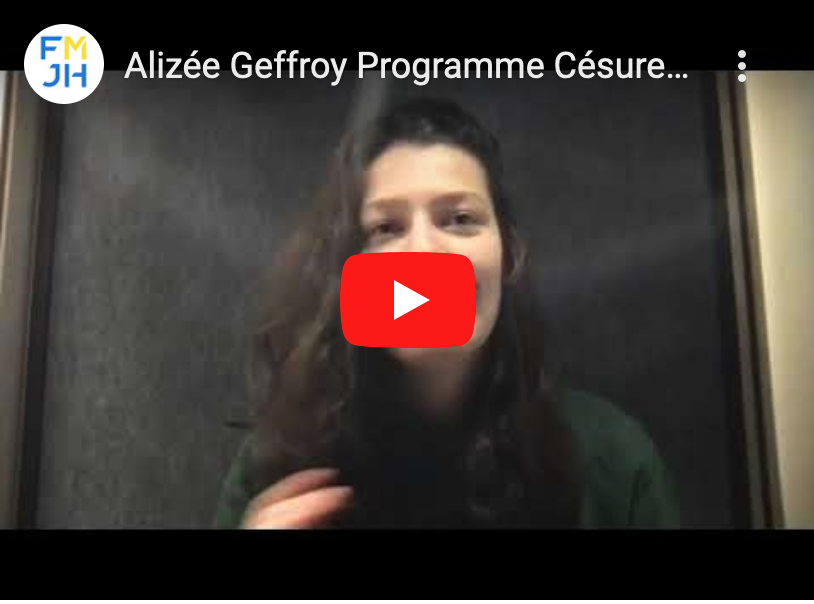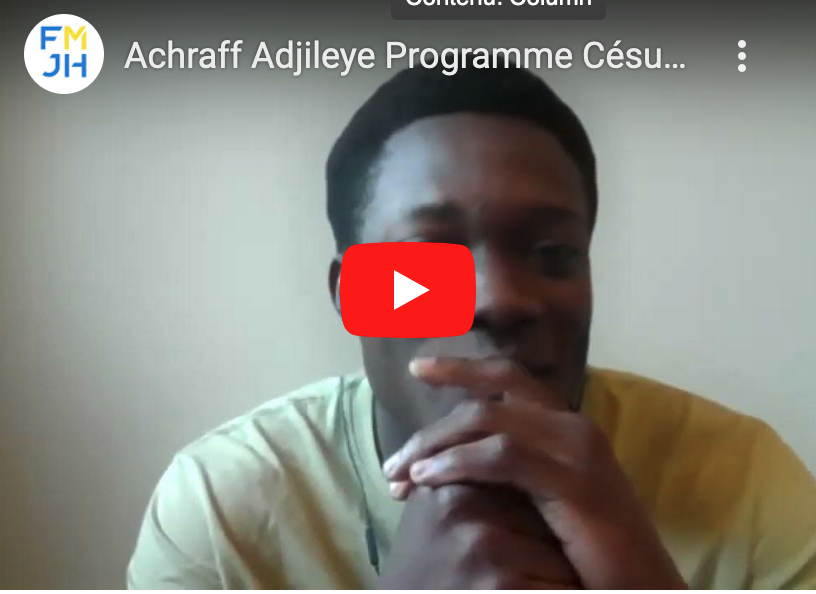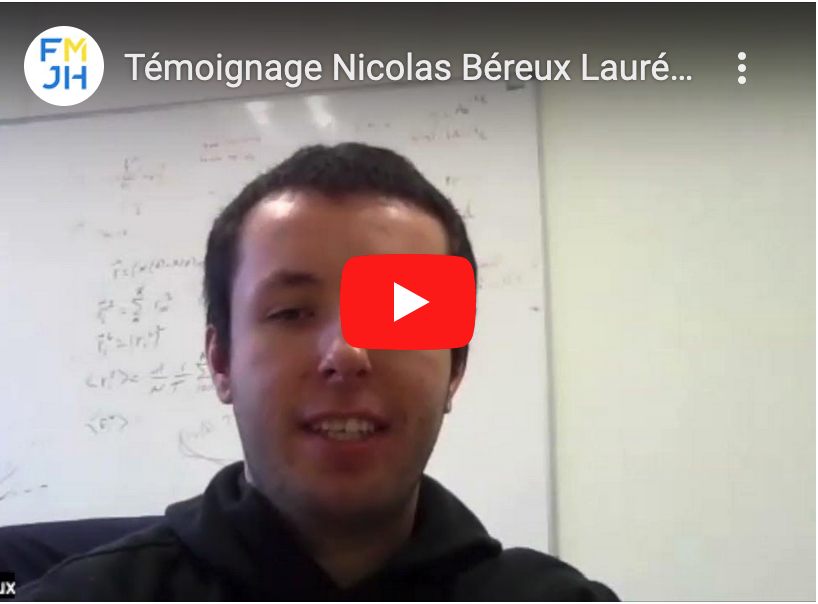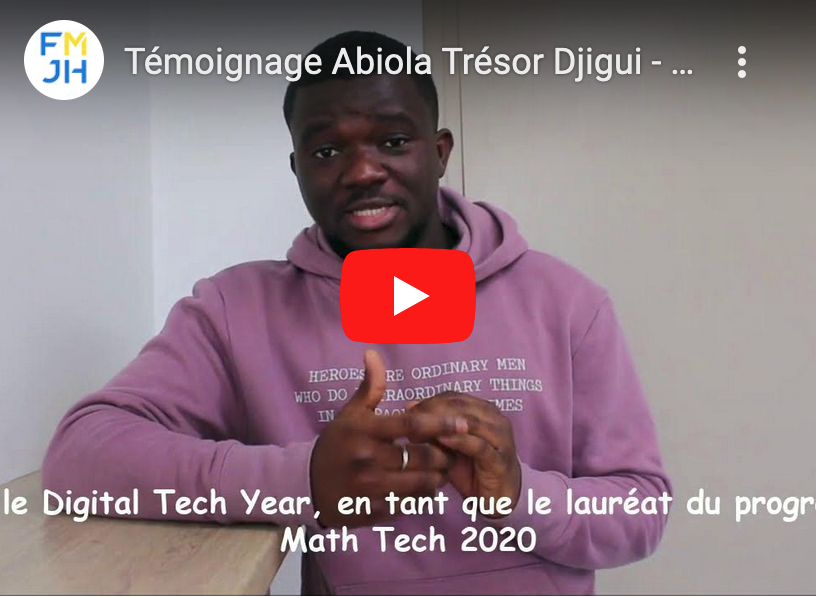MathTech gap years
The FMJH subsidizes gap years(*) to the tune of 1,380 euros per candidate to follow the program « Digital Tech Year » (registration fee of 1,780 euros).
This program is aimed at students enrolled in the Master's degree in Mathematics and Applications co-accredited by Université Paris-Saclay and Institut Polytechnique de Paris, or in the École Doctorale Mathématique Hadamard (EDMH), who have so far studied more fundamental aspects of mathematics and wish to complement this initial training with a new experience that will enable them to understand and appreciate the application of mathematics to the socio-economic world, particularly through the many applications of Artificial Intelligence, during a gap year, this initial training with a new experience enabling them to understand and appreciate the application of mathematics to the socio-economic world, particularly through the many applications of Artificial Intelligence.
The "Digital Tech Year" program offers a semester's practical training in three concrete applications proposed by industrial companies, followed by a 6-month paid work placement in a start-up or major corporation in France or abroad.
A jury selects candidates on the basis of their training project (being a doctoral student or intending to pursue a doctorate is an important criterion), motivation and academic results.
The "Digital Tech Year" program
A first semester of prototyping consisting of 3 projects (Minimum Viable Product): each student, in a team of 3-4 students coached by a professional (Data Scientist, Software Engineer...) imagines and develops in 7 weeks a solution for a partner company.
By the end of the semester, each student will have contributed to three projects in three different ecosystems, enabling them to :
- The acquisition of hard skills (technologies)
- Acquisition of soft skills (listening, reformulating, popularizing, managing a project, pitching a project, etc.)
- Acculturation to the job market (exposure to the job market, partner companies' professions, their internal processes, etc.).
Technology, Innovation, Use Cases, Agile Methodology, Sprint, Pivot, Deliverables, Pitch... are the key words of this first semester, which significantly helps students to be directly operational for the rest of their adventures.
A second semester internship/job as a Software Engineer - Fullstack Developer - Data Scientist in France or abroad.
This second part enables our students to:
- complete the MVP approach of the first semester, by actively participating in the development of solutions and products for the host company
- gain exposure to other cultures when the opportunity takes place abroad
Programme DTY
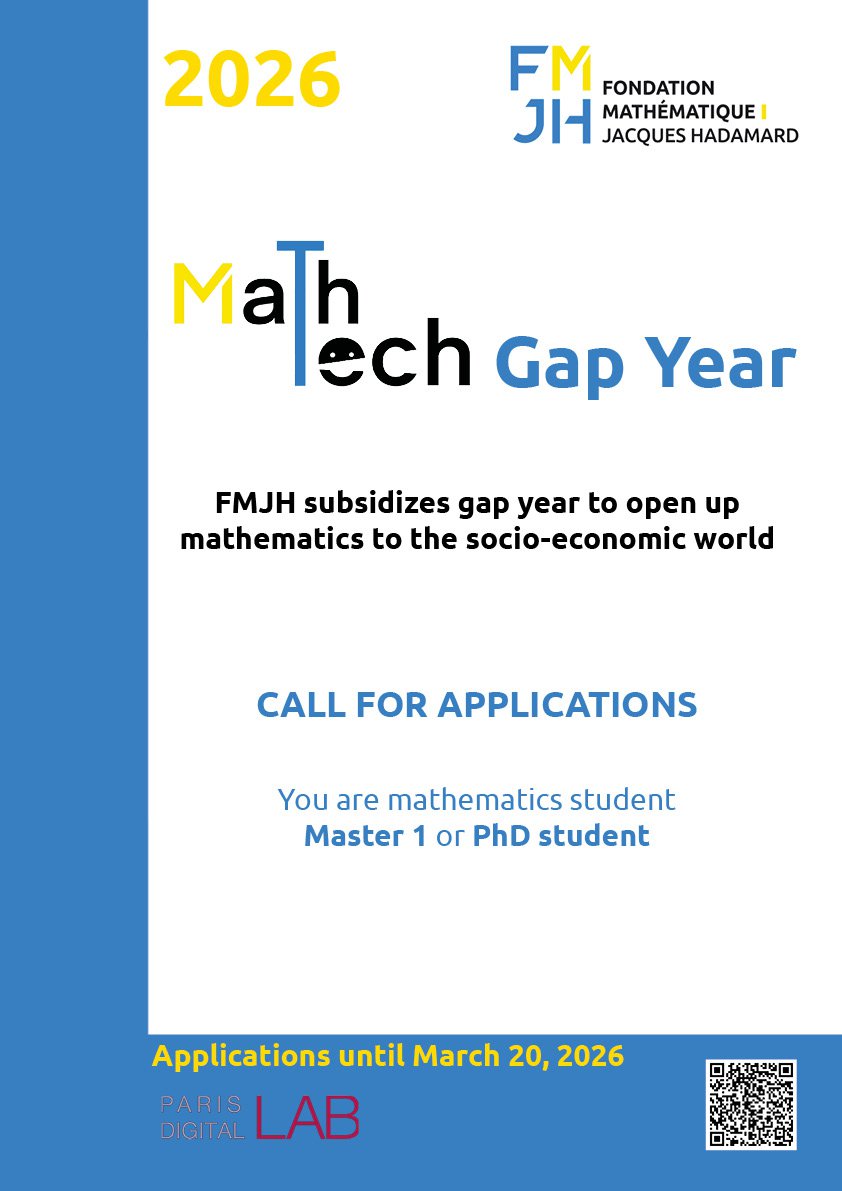
To apply in 2026
-
If you are in Master 1 :
-
Call launch ---> Thursday, February 12, 2065
-
Closing ---> Friday, March 20, 2026
-
Publication of results ---> Monday June 01, 2026
-
If you are a PhD student (Applications to be submitted throughout the year):
(*) The gap year allows a student to temporarily suspend a course of study in higher education, while remaining administratively registered at his or her home institution and retaining student status.
For any questions, please contact us.
MathTech 2025 laureats
Congratulations to Lylian Challier, Lilou Domingues, Mohammed Lbakali and Félix Ollivier, who will join the DTY program in September 2025.
Still thinking about it ?
Watch our Digital Tech Year testimonials
with our MathTech program winners
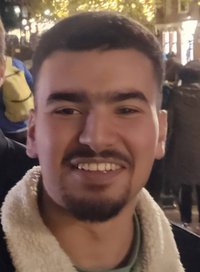
My name is Nazim Fadli, and I'm the winner of the MathTech 2024-2025 program, which enabled me to join the Digital Tech Year, a year-long full-tech training program at CentraleSupélec. Before joining this program, I did an M1 in applied mathematics and statistics at the Institut Polytechnique de Paris.
I discovered the MathTech internship program via a presentation email sent by the person in charge of our studies at École Polytechnique. As I found out more, I quickly realized that it matched both my expectations and my ambitions.
My interest in tech has always been present, but it intensified during my M1 year, thanks in particular to courses such as Machine Learning, time series analysis, and other technical fields that I explored. I also supplemented my training with online courses. However, I soon realized that my learning remained very theoretical and that the academic projects, although stimulating, were still far from the concrete problems of the professional world. The Digital Tech Year seemed to me the ideal opportunity to bridge this gap by confronting myself with real projects and developing skills directly applicable in the corporate world.
At first, I had a few questions about the original format of the program, and in particular about how it was going to work. Not knowing anyone who had taken the course before, I had my doubts. But very quickly, I was able to see the added value of the program: it allows you to rapidly build your skills, explore several areas of tech and learn how to manage the human aspects of a technical project. Questions such as “How do I present a project clearly to a customer, whatever their technical level?” or “How do I work effectively in a team and manage differences of vision?” are essential challenges that the DTY has enabled me to tackle in concrete terms.
Integrating into the program was a little tricky at first, as most of the students already knew each other, especially as the class is made up mainly of CentraleSupélec students. But after one or two weeks, I felt fully integrated. The atmosphere is good, and the fact that the class is of a reasonable size makes it easier to talk to other students and forge links. The overall level is very good. What's more, when a technical problem arises, it's often enough to talk to other students to get a new perspective or a possible solution.
The program is divided into two semesters. The first semester is devoted to three team projects carried out for companies, following an agile methodology. These projects enabled me to work in different technical fields, including 3D modeling and computer vision for Airbus, web development for Tikehau Capital, and natural language processing (NLP) for Ariago. These experiences were particularly formative, as they enabled me to put my technical skills into practice while discovering the real issues and problems facing the industry.
The second semester consists of a six-month internship, often abroad. I was lucky enough to land a Data Scientist internship in New York.
This one-year program is an exceptional opportunity. The support provided is remarkable, both in technical and administrative terms, as well as in terms of finding internships. It has enabled me to make significant progress and gain a better understanding of the tech world, thanks in particular to the feedback from former students that is organized throughout the year. Of course, there are certain difficulties, such as having to work on technologies you haven't mastered at the start of a project. For example, I had to learn a new programming language in a very short space of time for my first project. This required an extra investment, between tutorials, documentation and small side projects. But in hindsight, it's well worth it: this skill, for example, helped me land an internship offer. You have to be ready to take on technical challenges, which can be demanding, but that's what makes it such a rewarding experience.
After this break, I'm planning to go on to do a Master 2, and then a CIFRE thesis. I'd like to carry out research in response to corporate issues, which is ultimately in the spirit of Digital Tech Year, which bridges the gap between the academic and professional worlds.
All in all, I highly recommend this program to any student wishing to take on concrete challenges and make rapid progress in the tech field. Digital Tech Year was an extremely enriching experience, and I'm convinced that it prepared me in the best possible way for the rest of my career.

Louise Allain - Gap Year MathTech 2022 Laureate
Louise, student in M1 Mathématique de l'Intelligence Articificielle, explains his background, the DTY training, his impressions as well as his advice and future projects.

Théo Denorme - Gap Year MathTech 2021 Laureate
Théo, student M1 Mathématique de l'Intelligence Artificielle, explains his background, the DTY training, his impressions as well as his advice and future projects.
What happened to them ?

Théo Denorme, 2021 winner, explains how far he has come since taking part in the "Digital Tech Year" program.
After my gap year at DTY, I continued my studies with a Master 2 in Mathematics, Vision and Learning. This experience at DTY was particularly beneficial, as it gave me in-depth knowledge of programming and enabled me to publish a scientific article. The latter greatly strengthened my admission file and helped me to pass my master's with flying colors.
My internship abroad in Montreal, Canada, as part of the DTY program, was a revelation for me. I fell in love with this country and chose to do my end-of-master's internship there at Polytechnique Montréal, in the field of derivative-free optimization. Today, I'm pursuing my doctoral research on the same subject in Montreal, and I'm passionate about my work.
The MathTech program gave me the opportunity to acquire a wealth of knowledge, both academic and human. I was able to deepen my understanding of the theory and practice of artificial intelligence, which facilitated my access to my Master's degree. What's more, this experience enabled me to meet inspiring people, discover a new country and find my way.
I can only highly recommend this enriching program and encourage students to seize this unique opportunity.
MathTech gap year
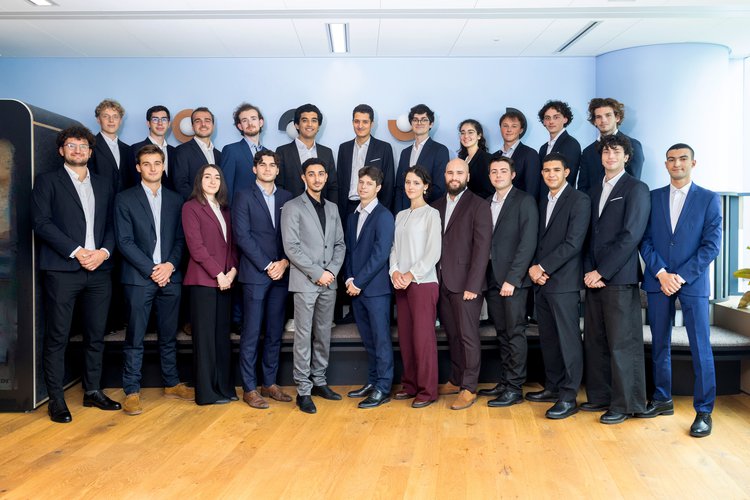
Promotion 2024
2025
To our 4 winners of the MathTech 2025 program for their inclusion in the Digital Tech Year program.
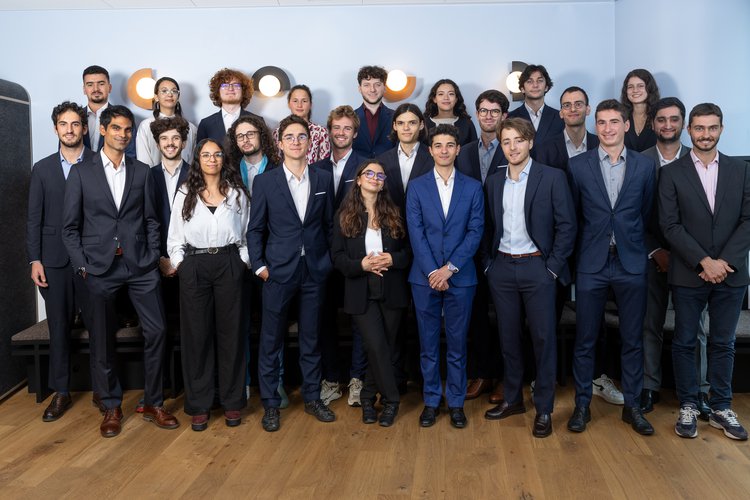
Promotion 2024
2024
To our 3 winners of the MathTech 2024 program for their inclusion in the Digital Tech Year program.

Promotion 2023
2023
To our 2 winners of the MathTech 2023 program for their inclusion in the Digital Tech Year program.

Promotion 2022
2022
To our 4 winners of the MathTech 2022 program for their inclusion in the Digital Tech Year program.

Promotion 2021
2021
To our 7 winners of the MathTech 2021 program for their inclusion in the Digital Tech Year program.

